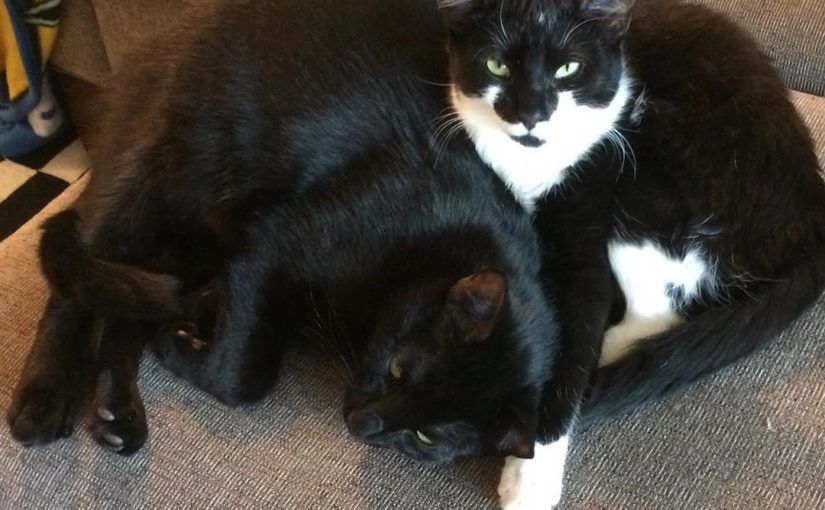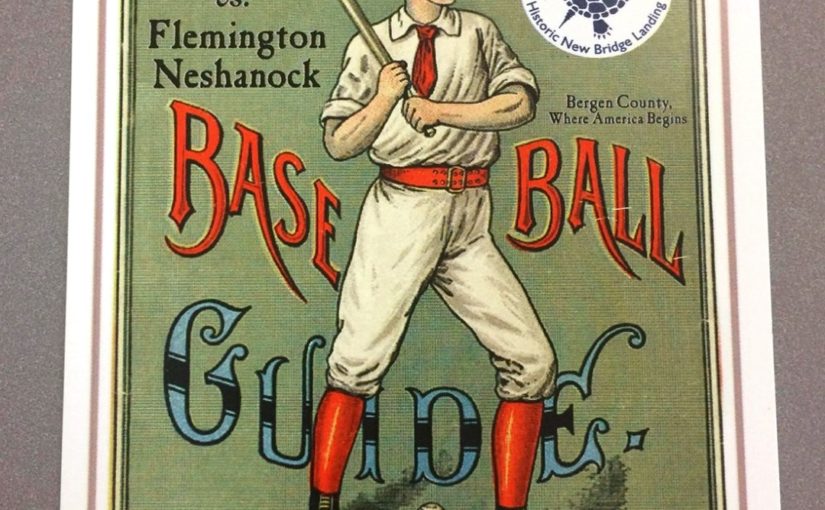Likewise the Spirit helps us in our weakness; for we do not know how to pray as we ought, but that very Spirit intercedes with sighs too deep for words. And God, who searches the heart, knows what is the mind of the Spirit, because the Spirit intercedes for the saints according to the will of God. We know that all things work together for good for those who love God, who are called according to his purpose.
For those whom he foreknew he also predestined to be conformed to the image of his Son, in order that he might be the firstborn within a large family. And those whom he predestined he also called; and those whom he called he also justified; and those whom he justified he also glorified.
What then are we to say about these things? If God is for us, who is against us? He who did not withhold his own Son, but gave him up for all of us, will he not with him also give us everything else? Who will bring any charge against God’s elect? It is God who justifies. Who is to condemn? It is Christ Jesus, who died, yes, who was raised, who is at the right hand of God, who indeed intercedes for us. Who will separate us from the love of Christ? Will hardship, or distress, or persecution, or famine, or nakedness, or peril, or sword? As it is written, “For your sake we are being killed all day long; we are accounted as sheep to be slaughtered.” No, in all these things we are more than conquerors through him who loved us. For I am convinced that neither death, nor life, nor angels, nor rulers, nor things present, nor things to come, nor powers, nor height, nor depth, nor anything else in all creation, will be able to separate us from the love of God in Christ Jesus our Lord.
Romans 8:26-39
My sermon from 8th Sunday after Pentecost (July 30, 2017) on Romans 8:26-39. Listen to the recording at the bottom of the page or read my manuscript below.
****************************
Who are your faith partners? Who do you pray with? Who are your go-tos when you need a little Jesus in your life?
These were the questions on my mind last night, as I sat on my bedroom floor, drafting my sermon. On the bed behind me was a pile of laundry I needed to put away and, next to me, was a pile of pillows that were in the wrong place. Next to the pillows, however, was one of my newer faith partners. She was just lying there, half covering my bulletin, my bible, and the commentaries I was looking at. In fact, her and her brother always seem to be around when I’m sermonizing. It doesn’t matter where I am in my house – If I’m working on a sermon, my two cats, Finn and Flotus, show up. Any bible or biblical commentary I’m using becomes the pillow for a fuzzy friend. If I wiggle my toes while I write, I soon have claws deep into my socks. And if I’m sitting there, staring at a blank screen with no idea what to write, both Finn and Flotus act like they’re listening as I bounce ideas off their furry little heads. These 2 friends hear every word I preach. They listen as I scrap my first and my second and my fourth draft. And if it’s 3 pm or 3 am, they’re both just…there, my two faithful companions accompanying me in this life of faith.
Now, I have no idea if Paul had a pet while on his missionary journeys around the Mediterranean. It might have been helpful if he did because science shows that a pet helps lower your blood pressure, decreases your stress levels, and increases your quality of life. Based on some of the things we know Paul wrote, there are times when being less stressed might have been good before he put pen to papyrus paper. But our reading today from his letter to the Romans isn’t one of those pieces. Instead, it’s one of the most beautiful verses he ever shared. The love embedded in these words is why this passage was read at the last memorial service and funeral I was a part of. “For I am convinced that neither death, nor life, nor angels, nor rulers, nor things present, nor things to come, nor powers, nor height, nor depth, nor anything else in all creation, will be able to separate us from the love of God in Christ Jesus our Lord.” Paul is telling this community of Gentiles located in capital of the most powerful empire in the world, an empire that crucified Jesus because he was a rabble rouser in a small city in an insignificant part of the Roman Empire. Paul is telling this small group of men and women, slaves and free, rich and poor, that there is nothing they can do to get God to love them more. It’s too late to try and bargain with God. God has already played God’s hand. Jesus has already showed up. So what else could they possibly need?
Paul’s confident declaration is….awesome. It’s empowering, inspiring, and amazing – all at once. But that confidence isn’t, always, our default reality. Paul’s confidence isn’t something we always have. Sure, we might be able to say God loves us, but there are plenty of times in our life when God….isn’t on our minds. Or maybe there’s a crisis or a loss, or doubt or fear or worry or concerns or a million other reasons – that are making this Jesus thing something that doesn’t feel like it includes us. When the church hurts us or when we watch as self-professed Christians hurt or discriminate or attack others because of who they are, or how they were born, or what’s happened to them…it’s not hard to look at this Jesus thing and think it’s not for us. There are times when Paul’s words empower us to feel and love and be the Christians God calls us to be. But there are other times when Paul’s words seem like bits of air that sound meaningless.
I would like to be able to stand here and say that little Harper, who we’re about to baptize today, will never have those kinds of moments. I want her faith to be strong. I want her to know that Jesus is with her no matter what. I want her to experience what being with Jesus is all about so that Paul’s words are her words, always. But I know that the life of faith isn’t always like that. There are times when, even after we do everything right, things just…don’t seem to go the way they should. Harper will live her life and, at some point, she’s going to feel loss. She’s going to shed real tears. She’s going to suffer that broken heart even though all who love her will do everything they can to prevent that from happening. She’s going to discover that there are moments in our life when we are at a crossroads and, as one commentator put it, we don’t have the words to say and we have no idea even what to pray.
And that’s why, I think, God gives us a faithful companion that’s a little less fuzzy that Finn and Flotus, but one that is more permanent and always present. At those times when we don’t know what to say, this faithful companion will give us the words we need. And when we can’t pray, this faithful companion will intercede and get others to pray for us. Because once we’re part of Jesus’s family, once those waters of baptism are poured over us, our relationship with God doesn’t depend on having the confidence of Paul. Even when life has taken away all the words we can muster, the Holy Spirit, this faithful companion, is ours, forever. And this companion does more than just sit, curled up next to us, with ears twitching when we call her name. This Spirit gives us the breath we need and empowers us so that we can become a faithful companion to God and to all who God claims. The life of faith isn’t just something we have. The life of faith is lived. It’s a life active in love, active in care, and filled with hope because we, along with Harper, are part of a larger family – a family where Jesus leads us, a family where Jesus loves us, and a family where being a faithful companion to all becomes who we are. The Spirit will give us the words. The Spirit will keep us silent when we need to be. And the Spirit will keep turning us into Jesus’ people, whether we’re eight months old or 102. We might not be able to speak Paul’s words but, through the Spirit, those words are already ours. So let’s trust what we have been given, this faithful companion that will keep Jesus’ promises close to us, no matter what may come.
Amen.
Podcast: Play in new window | Download



